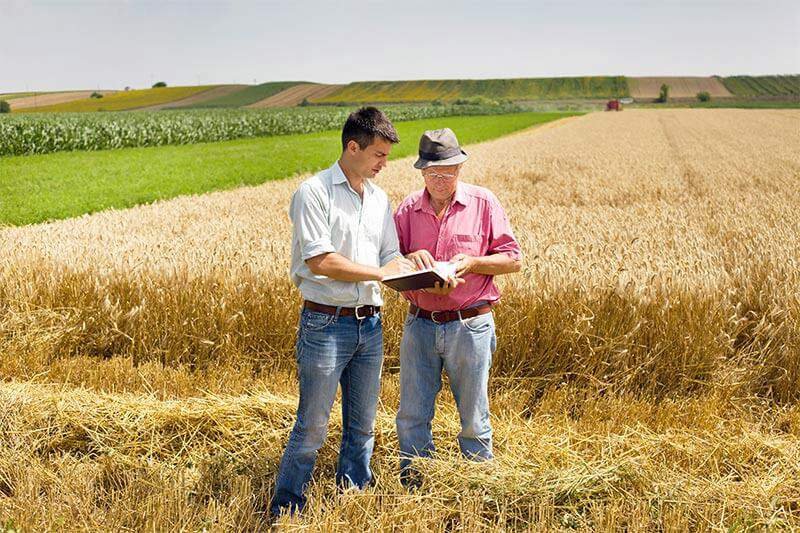John Knapp, a Former Deputy Minister of Agriculture and Rural Development, Alberta, discusses the current state and history of Alberta’s agricultural extension system in this article, emphasizing its disconnection and the need for a coordinated approach. Historically, Alberta’s extension system was robust, with district offices, specialists, and labs providing extensive services to farmers. However, budget cuts, private sector involvement, and technological advancements led to its decline, leaving gaps in areas like new crops, entomology, and agronomy. The article highlights lessons from the system’s history, including the lack of structural interconnectedness, the vacuum left by the province’s reduced role, and the challenges of coordination among stakeholders. The Extension Task Force (ETF), funded by RDAR, identified issues such as decentralized leadership, varying capacities, and the loss of institutional knowledge. While RDAR declined to lead extension efforts, Agriculture and Irrigation stepped in to continue the discussion. Currently, ARECA, with AGI’s support, aims to sponsor an industry-led initiative to develop a coordinated cooperative extension model for Alberta, involving key stakeholders to address the system’s gaps and inefficiencies.
The articles resonate with Deb Stark, former Deputy Minister of Agriculture, Food and Agri-business, who shares a similar sentiment regarding the Ministry’s elimination of regional agriculture representatives, which has created a vacuum and gaps for Ontario farmers seeking trusted advice.
Read more: John A Knapp (2023). A discussion on Coordinating Extension Services in Alberta, November, 2023
Startk, Deb (2017). A selected (and slightly biased) history of OMAFRA, Ontario Farmers, London, June, 27, 2017


